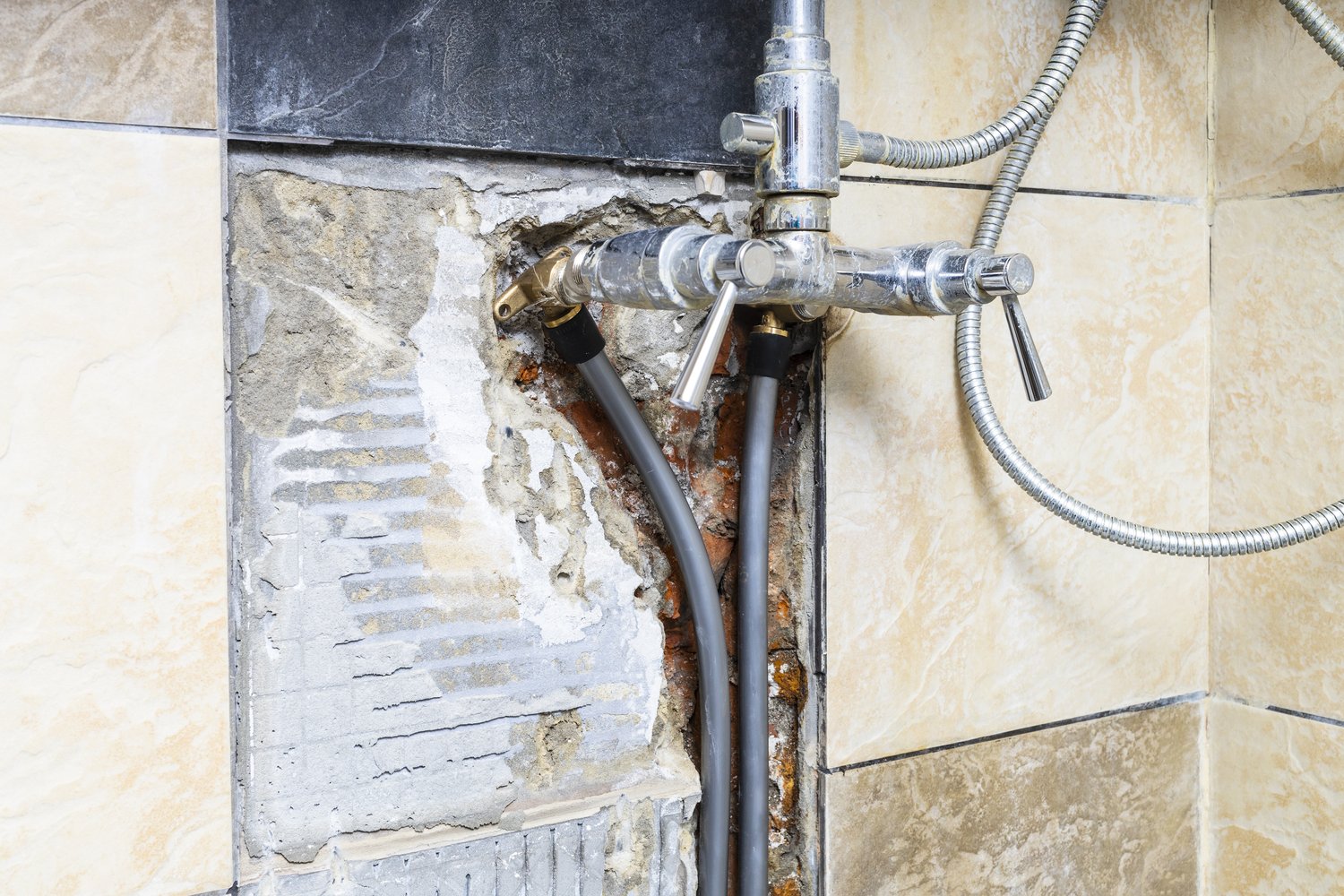Finding water pooling beneath your hot water heater is more than just a minor inconvenience; it can signal serious underlying issues and potential home flooding if not addressed quickly. Understanding why this happens and what immediate actions to take can save your property from water damage and avoid costly repairs.
- Identify common causes such as pressure valve failures, loose drain valves, and tank corrosion that lead to leaks from the bottom of a hot water heater.
- Learn emergency steps you can take immediately to minimize water damage, including shutting off the water supply and power or gas to the heater.
- Discover long-term solutions like regular maintenance and professional inspections to prevent future leaks and extend the life of your water heater.
By gaining insight into these issues and solutions, you’ll be better equipped to act swiftly and maintain the efficiency of your water heating system. Explore these critical steps to ensure your home’s safety and efficiency.
Identifying the Cause: Why is My Hot Water Heater Leaking From the Bottom?
When your hot water heater leaks from the bottom, it’s crucial to identify the cause promptly to prevent further damage. Several common reasons can lead to a leak, each requiring a different approach. One frequent issue is a malfunctioning pressure relief valve. This component is designed to release pressure from the tank when it becomes too high. If it’s faulty, water may leak from the bottom of the heater.
Another potential culprit is a loose drain valve. Over time, the valve that allows you to drain sediment from your tank might become loose, causing water to trickle out. Tightening it might resolve the issue, but replacement could be needed if the valve is worn out.
Tank corrosion is a more serious problem. As the inner lining of the tank deteriorates over time, rust can form, leading to leaks. This is particularly common in water heaters that are over a decade old. Regular maintenance and water heater inspection can help catch such issues early, ensuring your water heater remains efficient and safe.
Emergency Steps: What to Do When Your Hot Water Heater is Leaking
Discovering a leak calls for swift action to protect your home from severe water damage. The first step is to shut off the water supply. Locate the valve on the cold water pipe above the heater and turn it clockwise to stop the inflow of water.
Next, ensure the water heater is safe by cutting off its power supply. If your water heater runs on electricity, turn off the switch at the breaker box. For gas-operated units, locate the gas shut-off valve and turn it to the ‘off’ position. This step prevents any risk of electrical shock or gas leaks.
Finally, dry the surrounding area to prevent further water damage. Utilize towels or a wet/dry vacuum to clear any standing water. Taking these immediate actions helps control the situation, giving you time to address the root cause effectively and call a professional if necessary.
Prevention and Long-term Solutions to Avoid Hot Water Heater Leaks
To prevent hot water heater leaks, regular maintenance is key. Start by scheduling periodic professional inspections, which can identify potential issues before they become costly problems. Experienced technicians can detect early signs of wear and tear, ensuring that your water heater performs efficiently over time.
Utilizing high-quality components is another essential measure. When replacing parts, opt for reputable brands known for their durability and reliability. This reduces the likelihood of malfunctions that could lead to leaks or damage.
In addition, consider flushing your water heater every six months. Sediment buildup at the bottom of the tank can lead to corrosion and decreased efficiency. Regular flushing helps maintain the tank’s health and prolongs its lifespan.
Also, set the temperature of your water heater at an optimal level, generally between 120-140°F (49-60°C). Overheating not only wastes energy but also increases pressure and strain on the unit, potentially accelerating wear.
Investing in a water softener can also be beneficial, especially if you live in an area with hard water. Hard water contributes to mineral accumulation within the tank, which can lead to clogs and increased pressure.
Finally, don’t overlook the importance of installing a leak detection system. These smart devices can provide alerts if a leak is detected, allowing for quick response and minimizing potential water damage.
By following these preventative steps, you can ensure a more reliable and long-lasting performance for your hot water heater, safeguarding your home against the inconvenience and expense of water heater leaks.
Common Questions About Leaking Hot Water Heaters
What are the signs of a leaking hot water heater?
Look for puddles around the base, dampness on the floor, or unusual noises coming from the unit.
How can I turn off the water supply to my heater?
Locate and turn the water shut-off valve on the pipe leading into the heater clockwise to stop the flow.
Is a leaking hot water heater dangerous?
Yes, it can cause water damage and, if the water contacts electrical components, pose a fire hazard.
Can I temporarily stop a leak myself until a professional arrives?
You can attempt to tighten any loose valves, but it’s best to shut off the water and power for safety.
How often should I check my water heater for leaks?
Inspect your water heater at least every six months for any signs of wear or leakage.
What maintenance can prevent future leaks?
- Conduct regular maintenance.
- Flush the tank.
- Check pressure valves.
- Schedule professional inspections.





